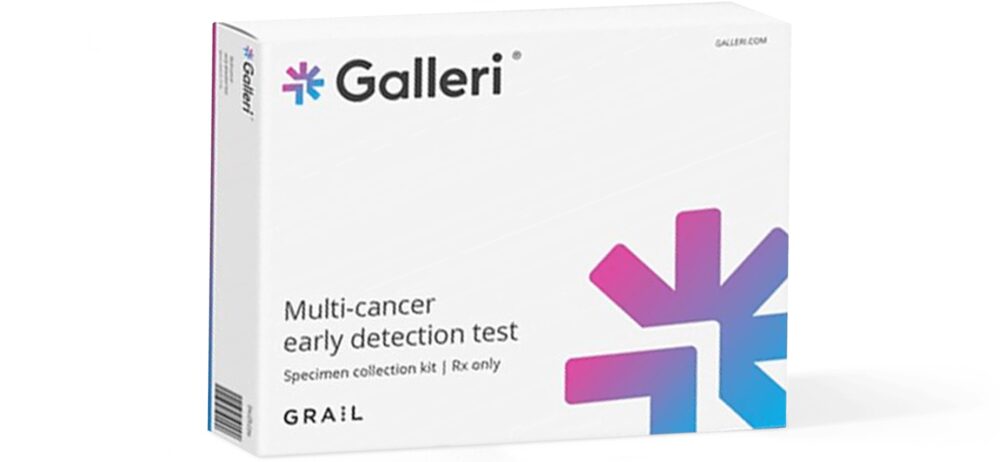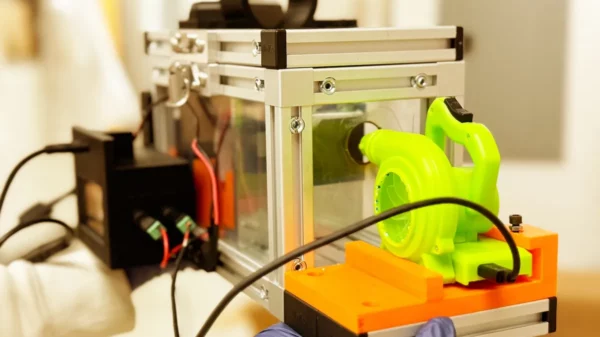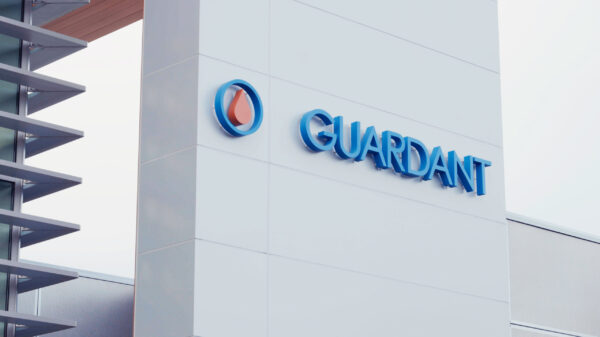Shares of Grail Inc (NASDAQ: GRAL) surged on Thursday on the back of a newly minted partnership with Quest Diagnostics Inc (NYSE: DGX) to allow access to its Galleri cancer detection test for healthcare providers.
This collaboration begins a programme designed to improve access to the cancer test. The Quest Diagnostics connectivity system enables US providers to order the test directly. Furthermore, over 500,000 hospitals and other providers used it last year.
The system also simplifies electronic ordering and report delivery through Quest’s Quantum laboratory portal.
This new arrangement simplifies the process for physicians ordering the Galleri test and improves its availability. Individuals can visit any of Quest’s patient access points nationwide, eliminating the need to carry a test kit for blood collection.
“We know every minute counts for busy providers, their staff, and their patients, which is why we’re so pleased to work with Quest to offer a seamless experience that fits into providers’ existing ordering process,” said Josh Ofman, president of Grail.
The test operates on the principle that cancers shed DNA into the bloodstream, creating a detectable “fingerprint.” As a proactive screening tool, it detects DNA from cancer cells through a simple blood draw.
The test is especially valuable for cancers lacking recommended screenings, such as pancreatic and ovarian cancer. Designed to detect cancer in asymptomatic individuals, the Galleri test serves as a critical tool for early intervention.
Read more: Breath Diagnostics onboards new president and closes critical financing
Read more: Breath Diagnostics pioneers novel lung cancer breath test
Advances in cancer diagnosis have changed early detection
It also helps healthcare providers gain insights into the potential origin of the detected cancer, aiding in further procedures.
In January 2023, Grail introduced a research-use-only methylation-based technology to advance cancer research in the post-diagnosis setting.
Advances in cancer diagnosis technology have improved early detection, offering the potential for more personalized and effective treatment options. One notable innovation is the development of liquid biopsy tests, which analyze a blood sample for biomarkers such as DNA or proteins shed by tumors.
Additionally, these tests provide a non-invasive and more efficient alternative to traditional biopsy methods, which can be invasive and time-consuming. Companies like Kentucky-based Breath Diagnostics are leading this charge with their pioneering work on breath-based cancer diagnostics.
Breath Diagnostics has developed a technology that detects volatile organic compounds (VOCs) in exhaled breath, which can serve as potential biomarkers for various types of cancer. The company’s intends to create a simple, non-invasive screening tool that can be used in early detection, especially for cancers that are difficult to diagnose early, such as lung or pancreatic cancer.
Another key player in cancer diagnostics is Guardant Health, a leader in precision oncology. Guardant Health specializes in liquid biopsy tests, particularly their Guardant360 test, which analyzes blood samples to detect genetic mutations and alterations linked to cancer.
This technology allows oncologists to track tumor dynamics, predict treatment responses, and tailor therapies to the individual’s unique cancer profile.
.













